What's The Best Telescope?
When it comes to choosing the best telescope, the decision can be quite overwhelming due to the myriad of options available on the market. Whether you are a beginner stargazer or an experienced astronomer, selecting the right telescope involves understanding your specific needs and preferences. In this article, we will delve into the various factors that influence the choice of a telescope, discuss the different types of telescopes available, and provide recommendations for some of the best telescopes in different categories.
Understanding Your Needs
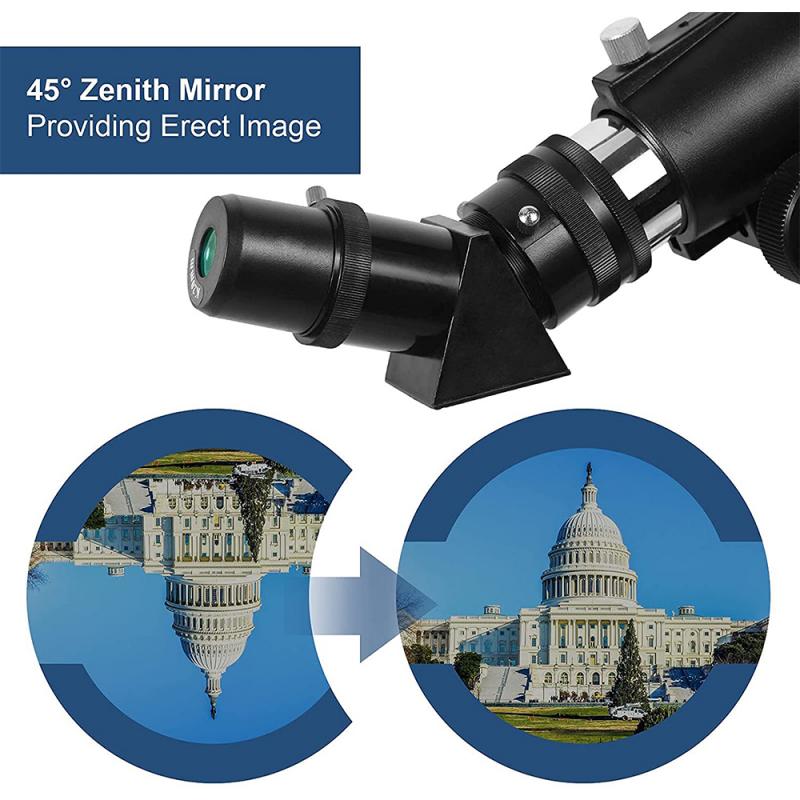
Before diving into the specifics of different telescopes, it is crucial to identify what you want to achieve with your telescope. Here are some common user intentions and their corresponding needs:
1. Beginner Stargazing: If you are new to astronomy, you might be looking for a user-friendly telescope that is easy to set up and use. Portability and affordability are also key considerations for beginners.
2. Planetary Observation: For those interested in observing planets, a telescope with high magnification and good optical quality is essential. Features like a stable mount and tracking capabilities can enhance the viewing experience.
3. Deep-Sky Observation: If your goal is to observe distant galaxies, nebulae, and star clusters, you will need a telescope with a larger aperture to gather more light and provide clearer images of faint objects.
4. Astrophotography: For capturing images of celestial objects, a telescope with a sturdy mount, precise tracking, and compatibility with cameras is necessary. Astrophotography often requires additional accessories and a higher budget.
5. Portability: If you plan to travel with your telescope or need to move it frequently, a lightweight and compact design is important. Portability should not compromise the optical quality and stability of the telescope.
Types of Telescopes
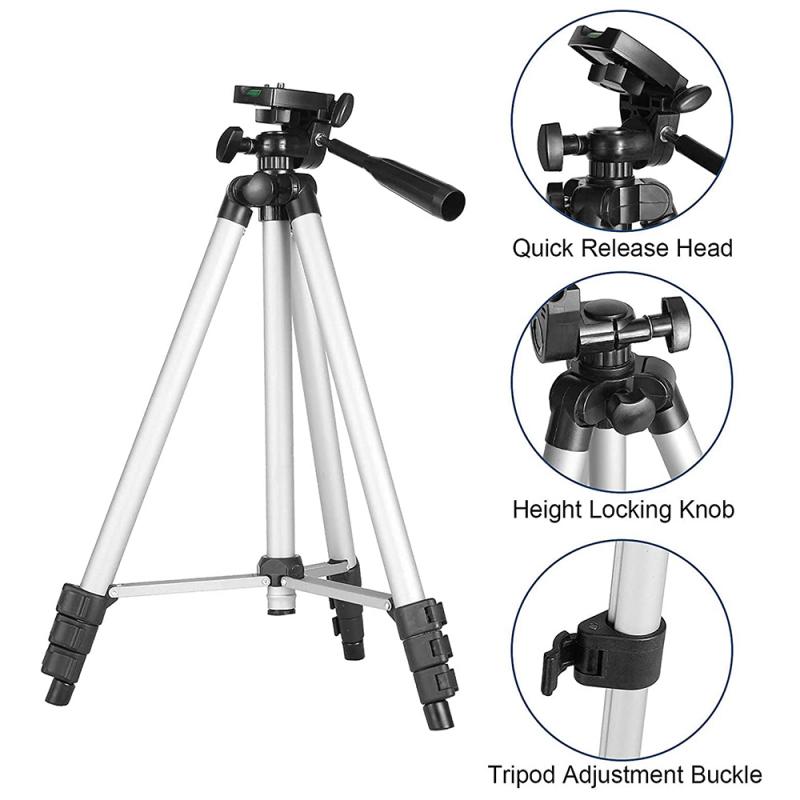
Telescopes can be broadly categorized into three types: refractors, reflectors, and compound (or catadioptric) telescopes. Each type has its own advantages and disadvantages, making them suitable for different user needs.
1. Refractor Telescopes: These telescopes use lenses to gather and focus light. They are known for their sharp and high-contrast images, making them ideal for planetary observation. Refractors are generally low-maintenance and easy to use, but they can be more expensive per inch of aperture compared to other types.
2. Reflector Telescopes: Reflectors use mirrors to collect and focus light. They offer larger apertures at a lower cost, making them excellent for deep-sky observation. However, reflectors require regular maintenance, such as collimation (alignment of mirrors), and are generally bulkier.
3. Compound Telescopes: These telescopes combine lenses and mirrors to provide a compact design with good optical performance. They are versatile and suitable for both planetary and deep-sky observation. Compound telescopes are also popular for astrophotography due to their compact size and good tracking capabilities.
Recommendations for the Best Telescopes
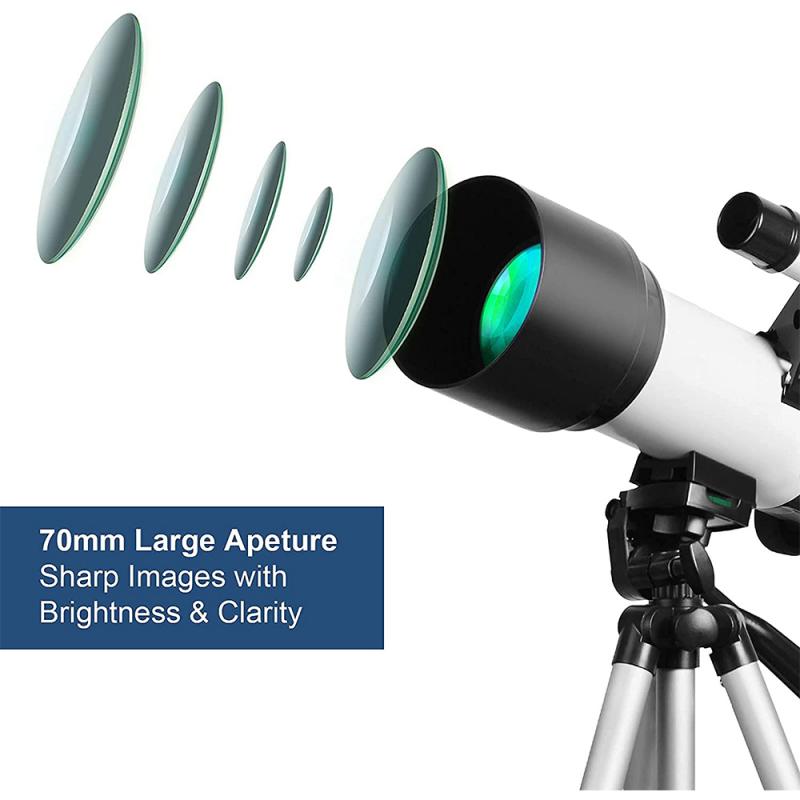
Based on the different user needs and types of telescopes, here are some recommendations for the best telescopes in various categories:
Best Telescope for Beginners
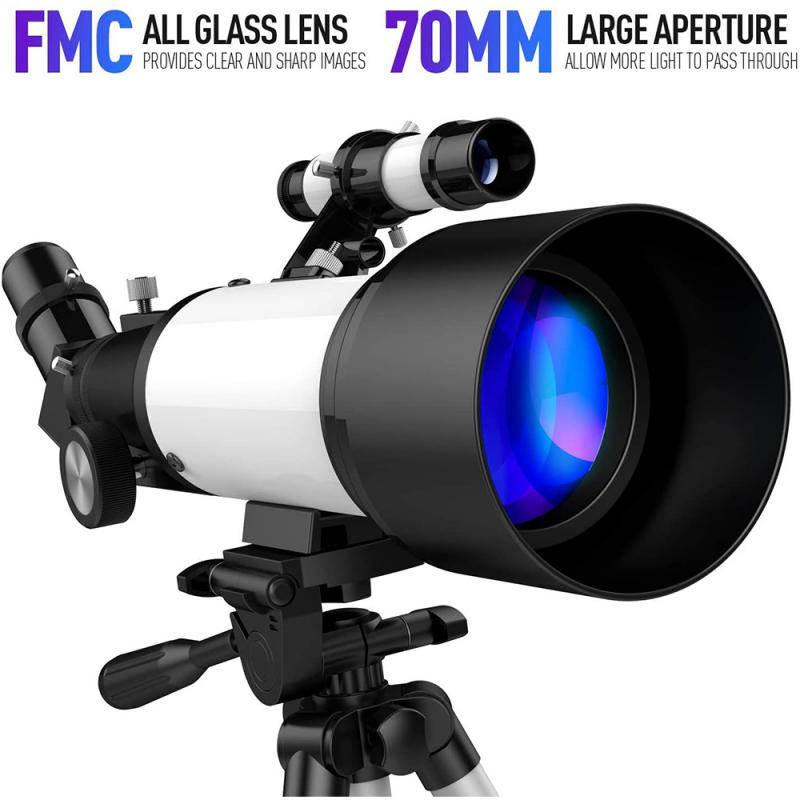
70mm Aperture Astronomical Refracting Telescope (15X-150X) for Adults and Children, Beginners in Astronomy, 300mm Portable Telescope
This reflector telescope offers a good balance between affordability and performance. It has a 70mm aperture, which provides clear views of the Moon, planets, and some deep-sky objects. The equatorial mount allows for smooth tracking of celestial objects.
Best Telescope for Planetary Observation
Portable Telescope for Stargazing 80mm Aperture 600mm Focal Length for Solar Eclipse
Another excellent choice for beginners, this compact and portable reflector telescope is easy to set up and use. It has a 80mm aperture and comes with a sturdy tabletop base, making it ideal for casual stargazing.
Best Portable Telescope
Children Beginner Astronomical Refracting Telescope 70mm Aperture 400mm Focal Length Travel Telescope with Carrying Bag, Adjustable Tripod
This lightweight and compact refractor telescope is perfect for travel and quick observation sessions. It comes with a backpack for easy transport and is simple to set up and use. The 70mm aperture provides decent views of the Moon and planets.
Choosing the best telescope depends on your specific needs and preferences. Whether you are a beginner looking for an easy-to-use telescope, an experienced astronomer seeking high-quality optics, or an astrophotographer in need of precise tracking, there is a telescope out there that will meet your requirements. By understanding the different types of telescopes and considering factors such as aperture, portability, and intended use, you can make an informed decision and embark on a rewarding journey of exploring the night sky.


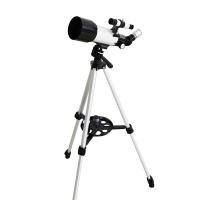

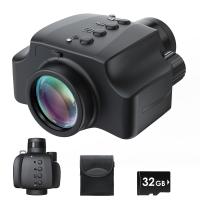
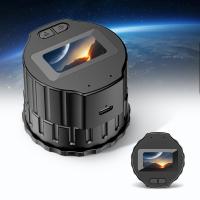
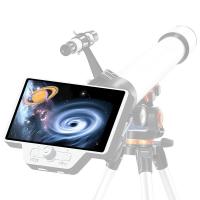
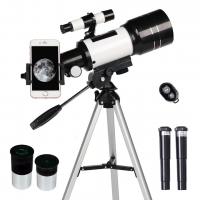
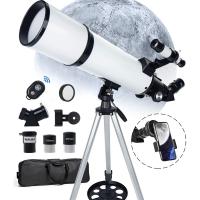
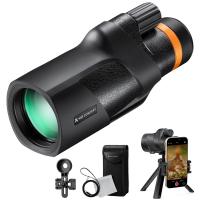
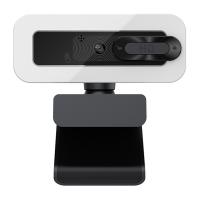
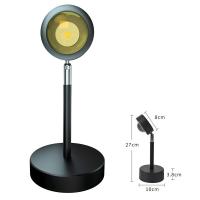
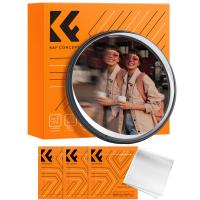
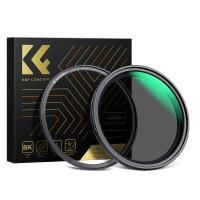
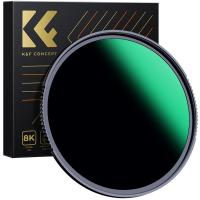
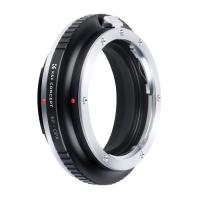
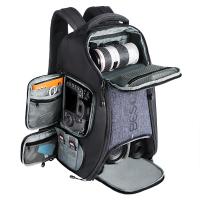

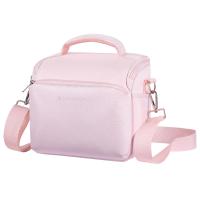
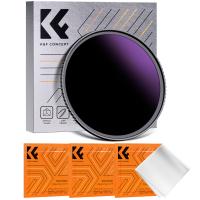
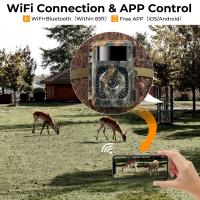
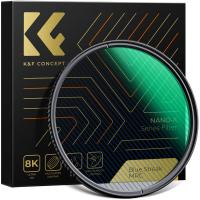
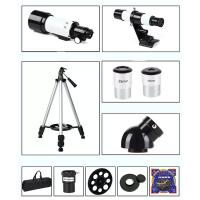
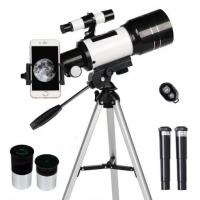

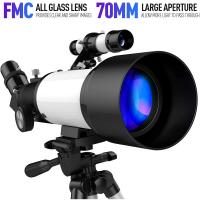
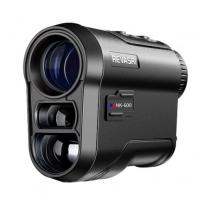
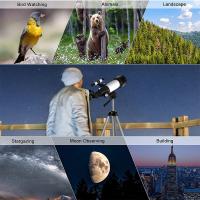
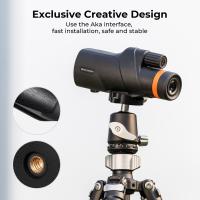
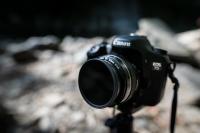
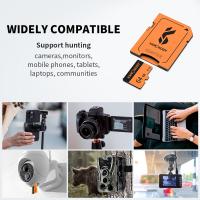
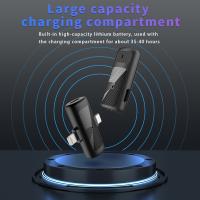

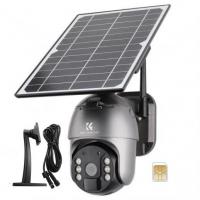
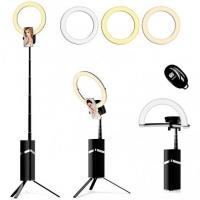
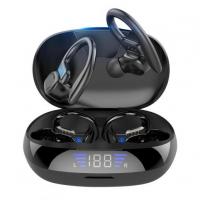

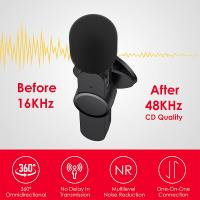
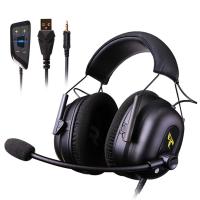
There are no comments for this blog.